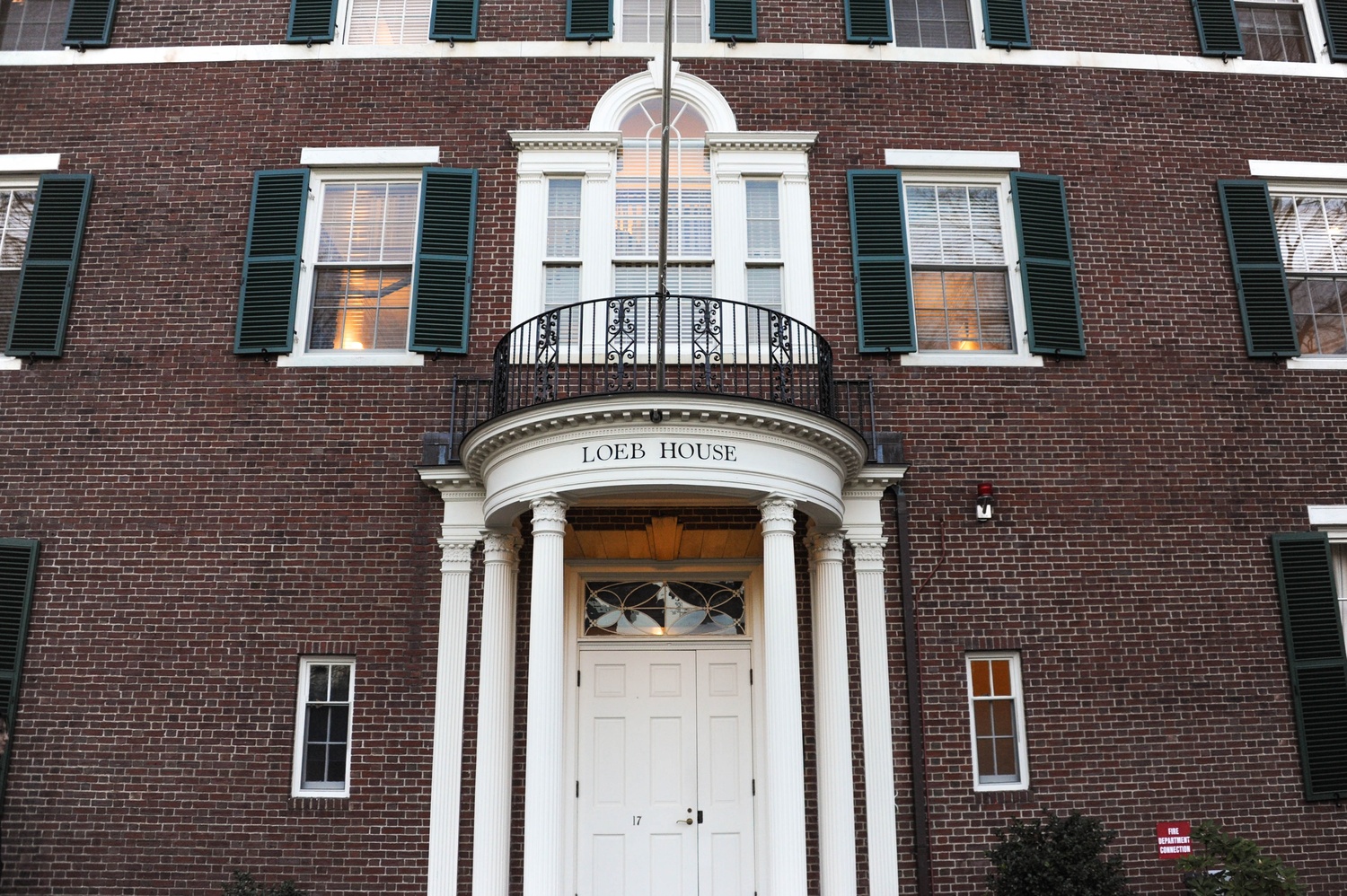
News
HUPD Says No Active Threat After Cambridge Police Officers Pursued Suspect Through Harvard Yard

News
‘A Real Loss’: Starlight Square to Shut Down After Four Years of Bringing Cantabridgians Together

News
Jeremy Weinstein Was Offered the Harvard Kennedy School Deanship. Who Is He?

News
Interim Harvard President Alan Garber’s 100 Days of Trial By Fire

News
‘An International Issue’: Harvard GSAS Dean Says Free Speech Issues Are Not Harvard-Specific
Experts Say Search Committee Likely Interviewing Candidates

With fewer than two dozen candidates left in the search for Harvard’s next president, it is likely the search committee has begun interviewing top contenders, several executive search experts said.
The 15-member search committee, comprising all 12 members of the Harvard Corporation and three members of the Board of Overseers, has been seeking the successor to University President Drew G. Faust since she announced over the summer she plans to step down in June 2018. The Crimson reported in December that the committee had narrowed its candidate shortlist to under 20 names.
John Assunto, a managing partner of the search firm WorldBridge Partners, said he thinks the size of Harvard’s shortlist means the committee has almost certainly started interviews.
“Less than 20 [candidates], they definitely should be doing candidate interviews,” Assunto said. “I’d be losing my mind if we came up with 20 candidates and the client wasn’t starting to conduct interviews.”
Assunto said he thinks that over the next few weeks, the committee will winnow its list down to five or seven favorites and will then begin holding more serious conversations. The committee will probably fly out the final few to speak with members face-to-face for final interviews, Assunto said.
Isaac Stein, who served as chair of the search committee for Stanford’s eleventh president, said he thinks Harvard’s search committee is now likely transitioning from interviewing higher education experts to interviewing candidates. Stein said he advised the committee about search procedure at the beginning of the process last year.
“I think [Harvard’s search] is some place between thought leaders and candidates,” Stein said.
William F. Lee ’72, senior fellow of the Corporation who is chairing the search committee, did not respond to a request for comment.
Historically, Harvard’s presidential searches have stretched over many months and have featured extensive information gathering in their early stages. In past searches, search committee members jetted across the country to speak with power players in education, government, and business, among other fields.
Previous searches also offer clues to how this year’s search committee might conduct candidate interviews. Past search committees often sent members to visit candidates under consideration early in the process—supposedly to solicit their suggestions for names, but really to check them out as contenders for the presidency. Other times, experts interviewed only for advice later wound up on the committee’s shortlist anyway.
Stein said experts often became candidates in Stanford’s presidential searches, too.
“We spoke to many people initially for advice and as thought leaders in higher education. Some of those people later became candidates,” Stein said.
If Harvard’s search committee takes the same approach it did in previous searches, it will likely meet with top candidates for interviews in New York or across Boston throughout January and February, often in posh hotels or in the workplaces of various committee members. Previous search committees took steps to maintain the utmost secrecy during this phase, sometimes sneaking interviewees up back-entrance service stairways or through garages.
In past searches, it was also common for search committees to conduct earlier-stage interviews in small groups, with attendees penning in-depth memos about the conversations they later distributed to the entire committee. In later-stage interviews, though, all committee members attended interviews and asked questions.
As the list of Harvard candidates continues to narrow in coming months, the confidentiality surrounding the search process will only increase, Assunto said. He said this secrecy makes sense—committees fear that too much openness will compromise their ability to find the best candidates.
Ellen Davis, a Duke University professor and a member of the school’s 2016 presidential search committee, said being named as an official candidate is like “having your cover blown.”
Lee and the search committee have not released a candidate list and have repeatedly declined to comment on the search. Nonetheless, several prominent Harvard alumni and professors have named Harvard Business School Dean Nitin Nohria, Government professor Danielle S. Allen, Dean of the Faculty of Arts and Sciences Michael D. Smith, and University Provost Alan M. Garber ’76 as likely candidates.
And in an interview in Dec. 2017, Dean of Harvard Medical School George Q. Daley ’82 said he thinks Broad Institute President Eric S. Lander, physician and University of Michigan President Mark S. Schlissel, and World Bank President and former Dartmouth President Jim Yong Kim are likely on the committee’s under-20 shortlist. All named candidates have declined to comment on whether they are under consideration—and on whether they are interested in the job.
Assunto and Stein both said candidates are usually wary of making their involvement in presidential searches public, since that knowledge can jeopardize their current positions. In past Harvard searches, candidates often remained tight-lipped about whether or not they were under consideration.
“If it were identified that [a candidate] were considering being the president of Harvard, that is going to create real problems at their institute that could force them to withdraw from consideration,” Stein said. “Nobody wants to have almost become the president of Harvard. They either want to be the president of Harvard or they never want to have been involved in the search.”
—Staff writer Jamie D. Halper can be reached at jamie.halper@thecrimson.com. Follow her on Twitter @jamiedhalper.
—Staff writer Michael E. Xie can be reached at michael.xie@thecrimson.com. Follow him on Twitter @MichaelEXie1.
Want to keep up with breaking news? Subscribe to our email newsletter.
